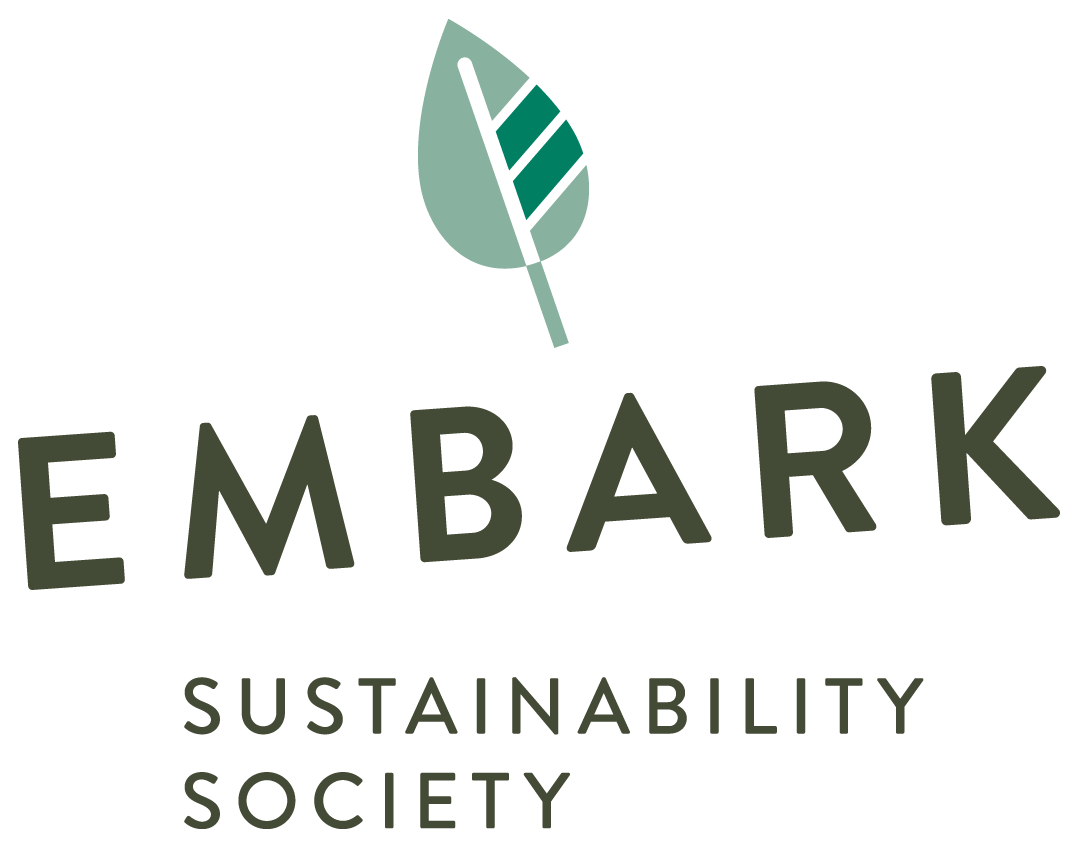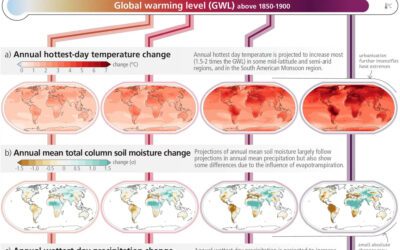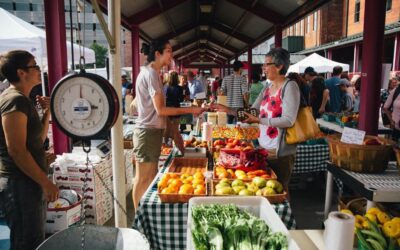SFU Waste Reduction: How Effective is it?
SFU students are undoubtedly familiar with the “four-stream” waste bins all over campus that require them to separate their food waste into different categories. But surprisingly, many students don’t have the faintest idea of where this food waste goes, what happens to it, or how effective this separation process is in reducing waste.
When I attended my first semester at Simon Fraser University and began to ask about what the point of this specific waste separation is and how it helps the environment, I was shocked to find out that none of the fellow students I asked knew. This made me skeptical about if the four-stream waste bins are effective, or if it is just there to give the appearance of being eco-friendly.
It’s not very difficult to find an explanation of the four-stream waste bins and where each waste supposedly goes if you look for it, and from this perspective, it seems like SFU has a decent waste reduction system in place assuming everyone separates their waste correctly.
Unfortunately, this system isn’t very useful if the students don’t learn about how to use the system, the point of the system, or the effect it has on the world. Moreover, no matter how far I’ve looked, I cannot seem to find any measure of how effective these waste bins have been at their goal of reducing waste since their implementation. It is vital to have information on these topics and to track progress so we can ensure that SFU and its students are clear about how to make the most of these systems. Realistically, many students don’t have the free time to google everything they’re unsure of at any given moment.
Furthermore, according to this article, some SFU students would say that when the city of Vancouver comes to pick up their recycling, they can see the wastes get mixed up by the workers immediately upon pickup! This can be very disappointing for those who take pride and put in the effort to separate their wastes for the sake of the planet, and this can discourage future efforts in recycling both with the city of Vancouver and SFU. As such, this poses a barrier to the goal of reducing waste.
I think it’s better to keep putting in the effort and trust that not every worker will mix up your garbage, especially since the article I just mentioned was published 6 years ago and is based on an individual experience and shouldn’t be used to generalize the city’s attitude towards recycling.
It’s also worth noting that within the past decade or so, the city of Vancouver increased its rate of recycling from 40% to 60%, and they plan on surpassing the 80% mark. As for SFU, The Shrum Chemistry building on the SFU Burnaby campus earned a LEED gold rating in 2017. Essentially this means that a third party investigated the building’s energy efficiency and Shrum scored excellently, implying that Shrum Chemistry is one of the best buildings on campus at reducing waste, conserving energy, and improving indoor air quality.
I believe it’s important to continue tracking more measures like this and to make students aware of this type of information, so we know how useful these waste reduction efforts are. SFU also needs to be spreading the awareness necessary to take what is a smart system in theory to an effective system in practice.
References
http://www.netzerowaste.com/
https://www.sfu.ca/fs/projects-initiatives/sustainable-initiatives/waste-reduction.html
https://www.sfu.ca/mecs/about/mecs-sustainability/reuse-for-good.html?fbclid=IwAR22Y7nWXOr6LTfEhNacSCOpB8sIiwzbM6kvTfzxcs0WFDP-TTDxW1Z237M
https://www.reminetwork.com/articles/simon-fraser-university-zero-waste/
https://www.sfu.ca/publicsquare/news-resources/stories/2017/waste-in-vancouver.html
https://dailyhive.com/vancouver/vancouver-greenest-recycling-city-world
READY TO READ MORE?
Related Blog Posts
How did experts review the IPCC’s AR6 Synthesis Report?
The final report in the Intergovernmental Panel on Climate Change’s (IPCC) sixth assessment reporting cycle was released today (March 20). This marks the completion of an...
How to shop ‘green’: A beginner’s guide
No, I’m not talking about buying and eating more green vegetables because of all their amazing health benefits. Rather, I’m here to discuss the matter of conscious grocery...
Climate Anxiety
What is Climate Anxiety? Since the beginning of climate environmentalism in the 1970s, people have been exposed to stories centering climate change through popular...
BLOG POST SUBMISSION
What type of content can you submit? Writers are encouraged to share sustainability through their lens and take any interesting thought, story or idea and create content.
It could be features, articles, interviews, poetry/prose, dispatches, reviews, photography, illustration, and/or videography.
The only requirement is that the created content falls under one of the following Embark Sustainability priority areas or their intersections:
- Climate Equity
- Food Justice
POST RECOMMENDATIONS
- Write about what you are passionate about and that aligns with priority areas. Or challenge yourself in creating something new.
- Think critically rather than just making statements.
- Be creative.
KEEPING JUSTICE, EQUITY, DECOLONIZATION, DIVERSITY, AND INCLUSION IN MIND
Ask yourself the following questions while writing:
- What communities does this topic affect and why?
- What systemic barriers are involved in this topic?
- Who benefits from the current systems in place?
- How does my positionality affect my understanding of this topic? How can I address this in my piece?
If you have any questions contact our Design & Communications Manager, communications@embarksustainability.org



